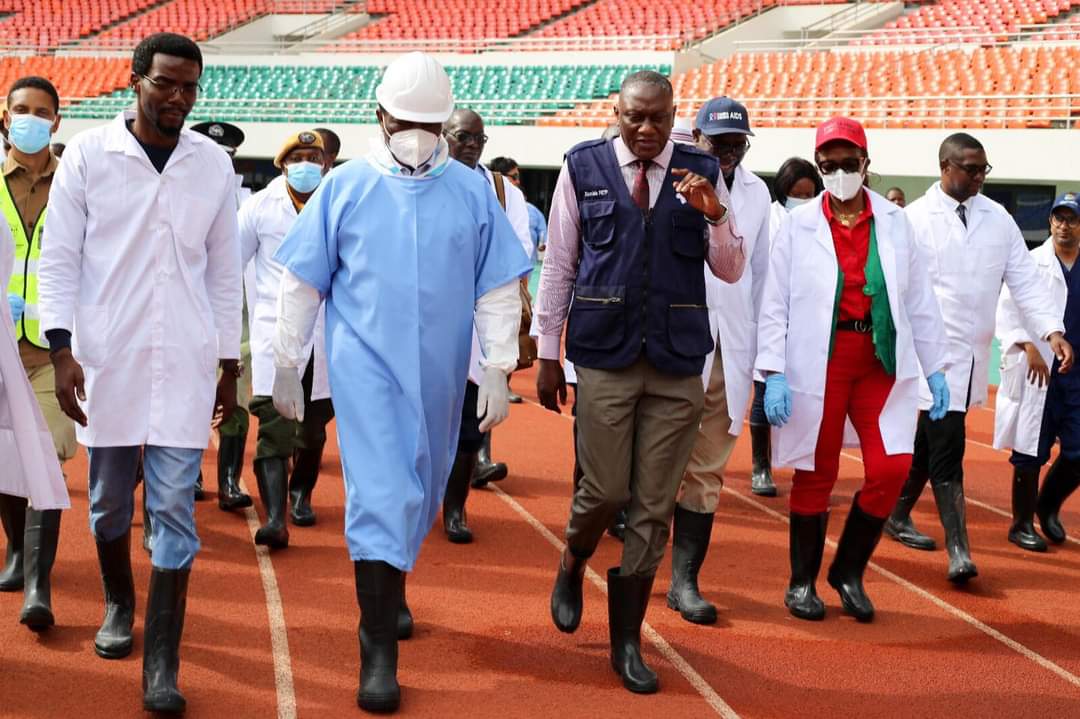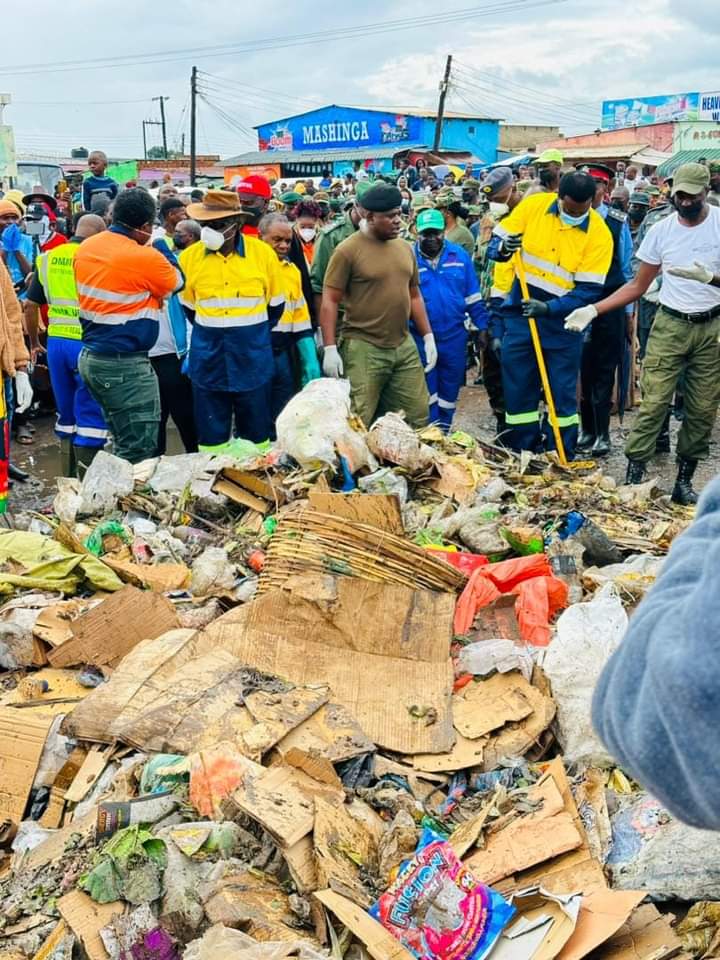PRESIDENT Hakainde Hichilema has swung into action to effect an encompassing cholera obliteration, a bacterial disease usually spread through contaminated water.
Cholera causes severe diarrhea and dehydration and if left untreated, cholera can be fatal within hours, even in previously healthy people.
Mr Hichilema is offering leadership to end the disease that has turned Lusaka and other parts of the country into a diarrhoea zone.
But the rate of recovery through effective case management and continued heightened community sensitization is consoling to the presidency.
Barely five-days ago, Health Minister Sylvia Masebo took a proactive stance to begin an aggressive community sensitization, through mobile publicity, targeted sensitization in congregate settings and distribution of chlorine in affected areas.
The rate of transmission in communities and the demand for bed spaces in health facilities inspired the immediate action to convert the sport edifice, the National Heroes Stadium, into a National Cholera Treatment Centre, which would a day after it’s opening, see over 1-thousand plus patients in admission lying on special purpose beds in 15 wards.
In a ‘desperate situation require desperate measures’ fashion, Masebo, employed a ‘kill it or it kills you’ arsenal against a ‘faecal-oral’ disease that had initially filled some facilities in Lusaka like the Matero Level One Hospital to full capacity.
Republican President Hakainde Hichilema is cognizant of the disease being ‘the intestinal infection spreading because of a lack of clean water and sanitation facilities’ in most communities hence making the big decision for planned settlements going forward.
The current cholera outbreak is traced to October 2023.
The Treatment Centre is now home to multiple skills like medical doctors, nurses, public health nurses, environmental health specialists, Laboratory Scientists, Stores Officers, drivers, and human resource officers, general workers, plumbers and other skill sets.
Defined as a public health emergency and of public interest in journalism parlance, it is deemed ‘the greatest good for the greatest number’, to end cholera hence attracting journalists from public, private and community settings to continuously update the nation.
With 1,113 in admission countrywide, 17 deaths in the last 24hours and 669 discharges by Wednesday afternoon, there seems to be significant progress to end the disease but the call to ‘close the tap’ in communities, is louder today.





